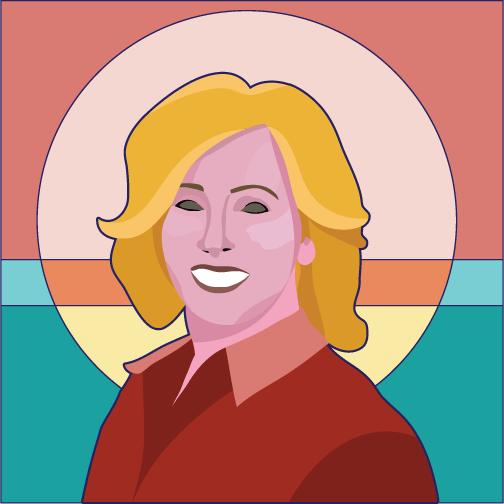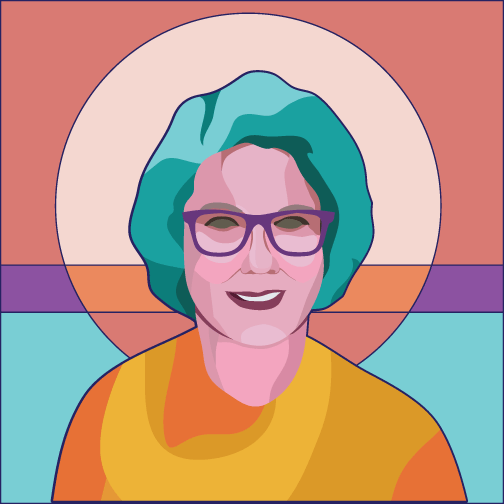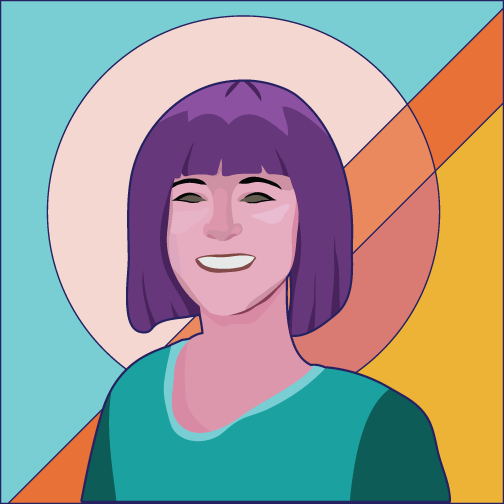
About CHLL
Intergenerational conversations to surface the creativity and wisdom needed to improve education and understand, adapt to, and solve present and future issues.
Our Vision
Our vision is of an ongoing and sustainable practice of respectful listening, learning, and inquiry where the questions that matter most to all of us are seriously considered, addressed, and acted upon. We envision that the practice of inquiry, listening, learning, and action has the potential to engender new confidence in each other and an increased capacity for stewarding and nurturing the common good.
Our Mission
We host intergenerational conversations with educators, artists, activists, community members, and youth to surface the creativity and wisdom needed to improve education and understand, adapt to, and solve the issues we face, now and in the future.
Our Goals
Share the creativity and wisdom of all generations and people with varied
experiences and backgrounds.
Shine a light on promising approaches to education that are human-centered, intergenerational, arts-integrated, community relevant, and research-based.
Open up a conversational space that catalyzes action.
Meet CHLL
We are four white women. Cally, Lois, and Louise are baby boomers; Heather is a millennial. We are educators, researchers, and administrators with over 125 years of collective experience with arts education, integrated learning, and culturally responsive approaches to teaching and learning. We live in three parts of the country: Oakland, California; Cambridge, Massachusetts; and Salt Lake City, Utah.
Since March 2020, we have met twice a month to explore the overlap between education and the urgent questions facing the world. We discuss the best use of our privilege, experience, and time in the present moment. We are excited to share these conversations with you!



Cally Flox, teaching artist, educator and administrator, is the Founding Director of the BYU ARTS Partnership, improving student learning...
CALLY FLOX
Host
Cally Flox, teaching artist, educator and administrator, is the Founding Director of the BYU ARTS Partnership, improving student learning and school culture through educator professional development. She is the lead author of A Teacher’s Guide to Resilience Through the Arts. Her teaching reflects deep understanding of human development and neurophysiology with brain compatible, multi-sensory teaching strategies. She spent many years teaching creative dance and the integrated arts to people of all ages in both private and public settings. Cally taught dance, math, and P.E. in public schools and has an MEd in Educational Leadership.



Lois Hetland moved around as a child: Alabama, California, Illinois, and Iowa. At Cornell College, she majored in music and visual art...
LOIS HETLAND
Host
Lois Hetland moved around as a child: Alabama, California, Illinois, and Iowa. At Cornell College, she majored in music and visual art with teacher certification in visual art (K-12) and general elementary (N-8). In New Haven, CT, and then Cambridge, MA, she taught day care - middle school for 17 years. She earned masters (1992) and doctoral (2000) degrees in cognitive psychology at the Harvard Graduate School of Education and conducted research in arts education at Harvard’s Project Zero (1992-2010), including Studio Thinking: The Real Benefits of Visual Arts Education. She was faculty in art education at the Massachusetts College of Art and Design from 2005-2021. Now retired, she conducts research integrating art and climate-science education.



Heather Francis (MA, BA) is a dance teaching artist and instructional designer from Salt Lake City, Utah. She has taught math and dance in K-12...
HEATHER FRANCIS
Host
Heather Francis (MA, BA) is a dance teaching artist and instructional designer from Salt Lake City, Utah. She has taught math and dance in K-12 public school settings and dance pedagogy, production, and performance at Brigham Young University. She is the Research and Development Coordinator for the BYU ARTS Partnership and enjoys designing arts learning products and experiences for in-service teachers. Heather is the Chair-Elect of the USA Chapter of the dance and the Child international (daCi) organization. She is passionate about intergenerational and cross-cultural dance experiences and enjoys being the mother of a buoyant 3-year-old boy and married to a lively drummer.



Louise Music was born in Oakland, California in 1955. She grew up in the San Francisco Bay Area and was heavily influenced by...
LOUISE MUSIC
Host
Louise Music was born in Oakland, California in 1955. She grew up in the San Francisco Bay Area and was heavily influenced by the political activism and social upheavals that characterized the 1960’s. Across the decades, Music has served as a community organizer, social activist, and arts educator. She was executive director of the Integrated Learning Department at the Alameda County Office of Education for twenty years until her December 30, 2019 resignation. In that capacity, Music cultivated regional, statewide, and national networks of artists and educators that piloted and refined educational initiatives for the success of each and every child.

The Problem, The Promise, The Path Forward
The Problem - Public education is the foundation of a healthy society. Our public education system isn’t properly preparing people for lifelong learning and well-being. Too often, classrooms fail to provide children an appreciation for their unique interests and talents or to build a community of learners empowered to work together.
The Promise - There’s nothing wrong with our children. By innate instinct, children are curious and eager to learn. Many educators and community members have successfully nurtured and educated children to understand themselves, each other, and the world they have inherited to develop the knowledge and skills to shape the world as it should/could be.
The Path Forward - Adults of all ages benefit and experience a sense of deeper purpose from caring for the well-being of children and their elders. Capitalizing on this bi-directional care across the lifespan nurtures the inherent spirit of generativity in our communities and propels hope for a more promising future.
By turning toward one another in conversation, we can connect examples where classrooms, workspaces, and communities are supporting the well-being of people, young and old, and yet to come.
WHY INTERGENERATIONAL?
Decades of policies and practices have segregated younger and older people, resulting in misunderstandings, lost opportunities, and splintered movements for social change. Each generation offers unique information, perspectives, and insights particular to their experiences and cultural contexts.
Through ongoing, iterative conversation and exchange, the wisdom of each generation can be illuminated, shared, integrated, and built upon for a more comprehensive view of our current realities and our collectively envisioned futures.
Inter-generational focus groups are a strategy for elevating new ideas and diverse voices to propel connection, and to calibrate and digest the ideation of broader communities engaged through our podcast.
WHY A PODCAST?
Podcasts offer the opportunity to place this important inquiry in an ecological context of activism, creativity, and social justice.
Podcasts are a form of artistic social practice that offer permission to be speculative, curious, open ended, iterative, and inclusive of multiple perspectives.
Podcasts offer powerful strategies to connect, integrate, and communicate in ways that are not necessarily linear or direct.
WHY ARTS PRACTICES?
Learning and practice in the arts provide rich and positive cultivation of self-reflection and human development. Artful thinking imbues individual and community development as a means for effective social change.
The arts are largely marginalized in public education, especially for low socio-economic students and communities of color.
Contemporary arts practices provide models for creative inquiry, critical thinking, and solution finding.
Contemporary arts practices in dance, theatre, music, literary, media, and visual arts offer strategies for creative expression as a means to communicate knowledge and ideas across individuals and communities in order to understand what is deeply cared about and important.